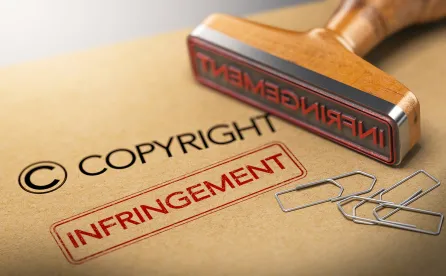As reported previously in our blog post here, earlier this year the High Court of England and Wales found in Lidl’s favour regarding allegations of trade mark infringement, passing off and copyright infringement by Tesco. However, Tesco has suffered a further loss following a supplementary hearing focused on what the most appropriate form of relief was for copyright infringement (although it was agreed by the parties that Lidl was entitled to an injunction in light of findings of trade mark infringement and passing off).
Tesco had argued that monetary compensation was more appropriate instead of an injunction. However, the Court ultimate held that Lidl should be entitled to a final injunction for copyright infringement on the facts of the case and weighing up the relevant criteria.
The Decision
The Court’s judgment followed the structure of the “good working rule” from Shelfer v City of London Electric Lighting Company [1895] 1 Ch 287 for determining when a judge can exercise their discretion in deciding to depart from the assumed position that an injunction should be granted, and award damages instead. However, it was emphasised that the criteria from Shelfer ought not to be applied mechanistically, but merely guide the judgment.
In accordance with the “good working rule” an injunction may be replaced by an award of damages:
‘(1) If the injury to the plaintiff’s legal rights is small,
(2) And is one which is capable of being estimated in money,
(3) And is one which can be adequately compensated by a small money payment,
(4) And the case is one in which it would be oppressive to the defendant to grant an injunction’
In the context of the first question, the Court found that the injury was likely to be substantial and not small.
Tesco had argued that the Court must disregard the idea that the sign may have a reputation, and treat the theoretical negotiations as if Tesco were attempting to purchase a licence to use an artistic work of little or no value in and of itself. This argument was rejected on the basis that, pursuant to the previous findings, ignoring the purpose for which Tesco intended to use the mark would “divorce the notional negotiation from its commercial context and, indeed, from reality”. The previous findings that Tesco had intended to exploit this reputation for their benefit therefore cannot be separated from the mark itself when assessing the injury caused to the claimant and the injury to Lidl would be likely very substantial in light of Tesco’s business and purpose for using the work.
Whether the injury to Lidl is capable of being estimated in money follows on from the first question, and it was decided that the assessment of just how effective the unfair advantage Tesco enjoyed was in preventing customers from switching away, and encouraging their switching to, the brand would be inherently difficult. A further consideration to the award of damages is the expected duration of such a benefit – the judge found that the assessment of damages for past infringement will inevitably be imperfect, and the assessment of future losses extremely difficult to assess. Therefore, in finding that the estimation of loss in monetary terms would not be satisfactory, it follows that the third limb Shelfer test would fail, and this was dealt with by the judge succinctly: ‘In the valuable, and highly competitive, market in which Tesco and Lidl operate […] it is unrealistic to think that this could be adequately compensated with a small “one off” payment.’
The question of the oppressiveness of an injunction follows the findings of the first three limbs of the Shelfer test, and having found the first three in the negative, it was acknowledged it would be highly unlikely that the fourth did not fail accordingly. However, the Court emphasised the discretion afforded her: the Shelfer test only provides guidance to assist in her assessment. Nonetheless, taking heed of the previous findings that much of the value of the artistic work resides in its reputation, it was, concluded that it was neither oppressive nor disproportionate to grant an injunction in this instance as it was deemed the only certain way to draw to a close the losses Lidl is currently incurring due to Tesco’s continuing use of its signs.
Conclusion
Whilst the Court has the power to award damages in lieu of an injunction in light of a finding of copyright infringement, and the discretion the Court has was emphasized in the Court’s judgment, this decision further reiterate the difficult challenge facing an infringer in seeking to have the Court exercise its judgment in its favour.




 />i
/>i

